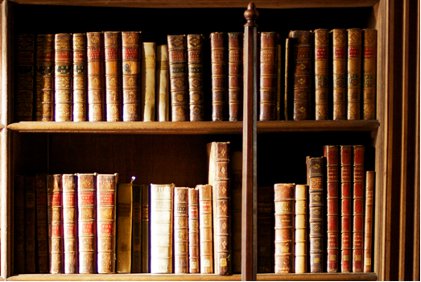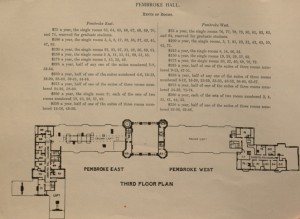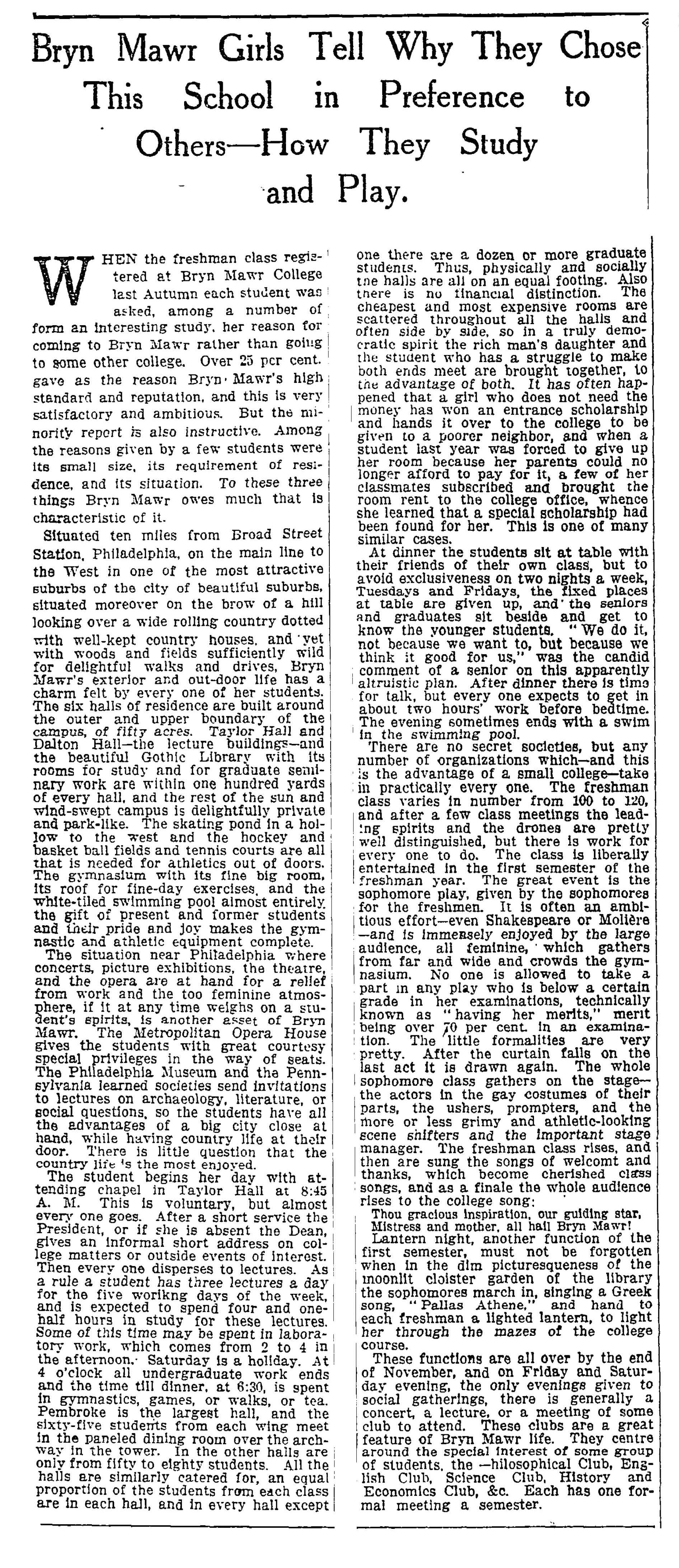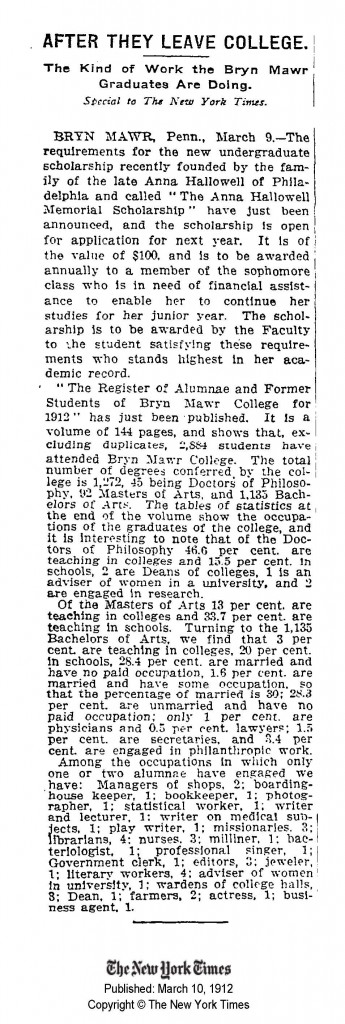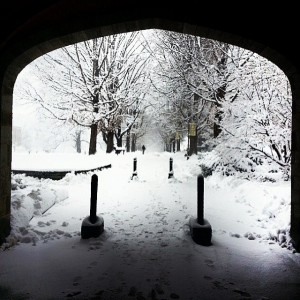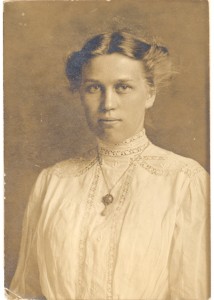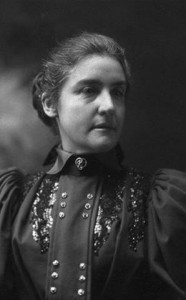 In most societies the heroic is in many ways gendered. When considering the heroic, attributes of masculinity might first come to mind. Yet, from a historical perspective it becomes apparent that heroizations often also have feminine connotations. The social and cultural production of the heroic cannot be analyzed exclusively in terms of masculinity (and masculinity-studies), nor can we regard women or femininity simply as exceptions in this field. Rather, the relational character of the category gender needs to be taken seriously.
In most societies the heroic is in many ways gendered. When considering the heroic, attributes of masculinity might first come to mind. Yet, from a historical perspective it becomes apparent that heroizations often also have feminine connotations. The social and cultural production of the heroic cannot be analyzed exclusively in terms of masculinity (and masculinity-studies), nor can we regard women or femininity simply as exceptions in this field. Rather, the relational character of the category gender needs to be taken seriously.
The fundamental relationality, the ‘constructedness’, and the historicity of gender are among the core assumptions in gender studies today. Based on this and by interdisciplinary cooperation the conference will examine forms, mediums and processes of heroization as well as discourses of heroic transgression, exceptionality or veneration for certain periods in time.
In order to give adequate consideration to the complexities of the historical entanglement between gender and heroization, we would like to use gender as an analytical tool in a new way. Speaking metaphorically, one might understand gender as a ‘tracer’ that ‘leads’ us, which way we may uncover new aspects of heroic ideas and concepts. In today’s natural sciences, a tracer is a substance that helps with the exploration of certain organisms or environments. In experiments, the tracer passes through these environments and reacts to each of them in a different way. Hence, the tracer itself is not the object of study; rather a third element distinguishable from the tracer is explored. Therefore we propose to use gender systematically to ‘trace’ various historical ‘environments’ of the heroic. We are interested in gender relations, men and women as heroes or heroines and their (intersectionally differentiated) construction. Primarily, however, we are interested in
(a) the heroic itself,
(b) the historical contexts which shape the heroic,
(c) its medial and performative manifestations and
(d) its spatiotemporal trends and transformations.
We welcome scholars from all fields of the humanities and social sciences. The conference focusses on areas of European culture at three different points in time –1650, 1750 and 1850 – which are to be discussed from the viewpoints of different disciplines. Proposals including an abstract of max. 2000 characters and a one-page CV should be submitted by March 28, 2014 to gender@sfb948.uni-freiburg.de. The conference will be held in English. A collection of essays based on selected presentations from the conference is to be published.
An extended version of the call for papers with further conceptual research questions can be found at: www.sfb948.uni-freiburg.de/gender_en

